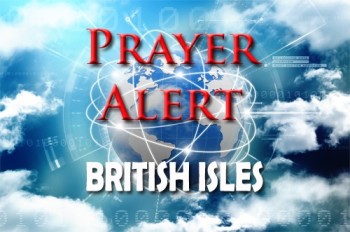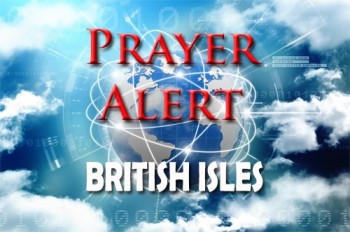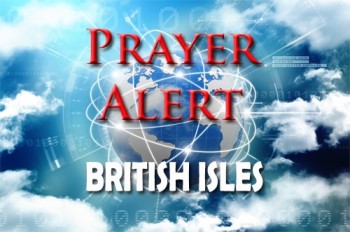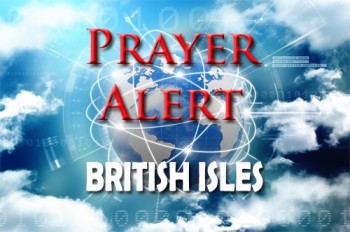Possibility of a new Covid wave
On 2 October health leaders advised vaccination and began calling for a return to mask-wearing, as hospitalisations for Covid rose by 37% in a week to 7,024. They said ministers needed to address staffing shortages urgently, even though the Office for National Statistics said it was too early to say if an autumn wave had begun. The Nuffield Trust revealed that record numbers of nurses were quitting the NHS, with one in nine leaving their jobs. The Royal College of Nursing has called for nurses to have access to the highest-quality PPE. Covid is killing over 300 people a week, and a new variant has been detected. A rise in cases is expected as winter approaches. Acting now to prevent further hospitalisations and deaths is crucial as new variants are causing a slight increase in infections. We can only detect Covid variants by PCR testing, and with no free tests plus economic pressures, people have become quite relaxed about coronavirus. See also
Black blood donors urgently needed
The NHS needs more black blood donors to help people with sickle cell disease. The daily demand for donations to treat the blood disorder in England is 250, but only half of all hospital requests are being met with matched blood. Sickle cell mostly affects people of black heritage, and ethnically-matched blood gives the best treatment. The disease causes red blood cells to become sticky, blocking vessels and restricting oxygen supply, triggering excruciating pain. Sadeh needs all her blood replaced every four weeks. She says, ‘Some days I struggle getting out of bed due to pain in my limbs, some days I wake up feeling great, some days I wake up in hospital, connected to machines and told that days have passed. Transfusions have saved my life many times over’. The NHS has launched a Black History Month campaign, highlighting to black communities that they have the power to treat sickle cell with life-changing blood donations.
Railway staff paid more than market rate
Striking rail maintenance workers are already paid almost a fifth more than those doing comparative roles, the industry regulator has said. Independent consultants looked at total rewards, including pay, pension costs and other measurable benefits, of 64,000 railway workers. The analysis shed fresh light on the bitter industrial dispute which has led to rail strikes across the country. Workers demanding double-digit pay rises already receive salaries 18% higher than ‘market comparators’. Station staff salaries are 12% higher, and train drivers average £66,043 a year (the average UK salary is £31,876). Liz Truss is under growing pressure to follow through on her pledge to crack down on unions, amid fears that the rail network could shut down completely over Christmas. She had promised to bring in ‘tough and decisive action to limit trade unions’ ability to paralyse our economy’.
NHS and government targets
NHS bosses have told political parties not to impose any new targets on the beleaguered health service in their bid to win the next general election. They said the Conservatives and opposition parties should resist foisting new performance metrics on the NHS when it cannot deliver the hundreds it already operates under. The plea was made by hospitals, ambulance providers, mental health, community care and GP services in England, who said, ‘Given the NHS’s staff shortages, huge backlog of care and financial problems, the answer will not be found in politicians imposing oversimplified and unfunded targets that make convenient soundbites but have little bearing on reality and demoralise frontline workers.’











